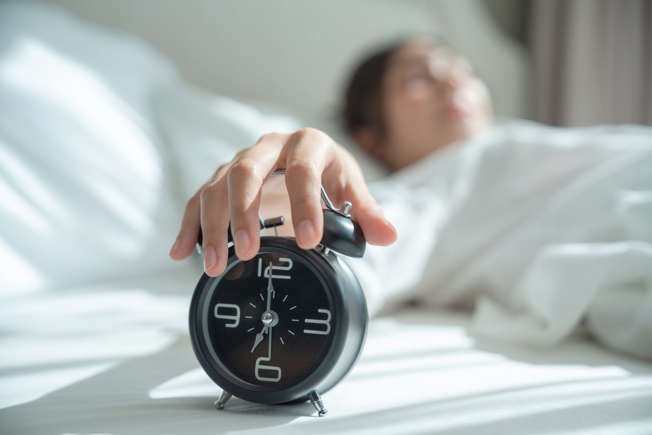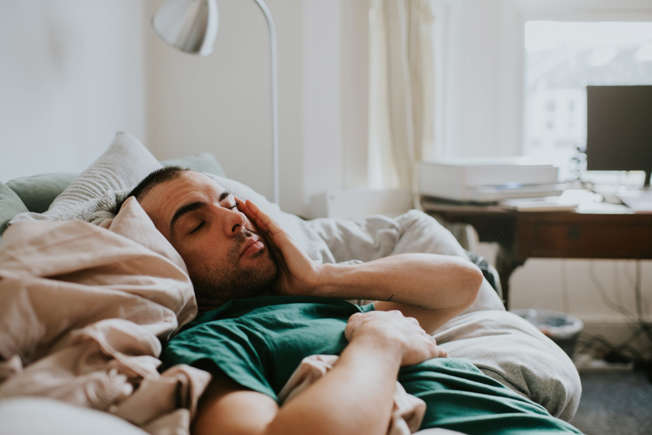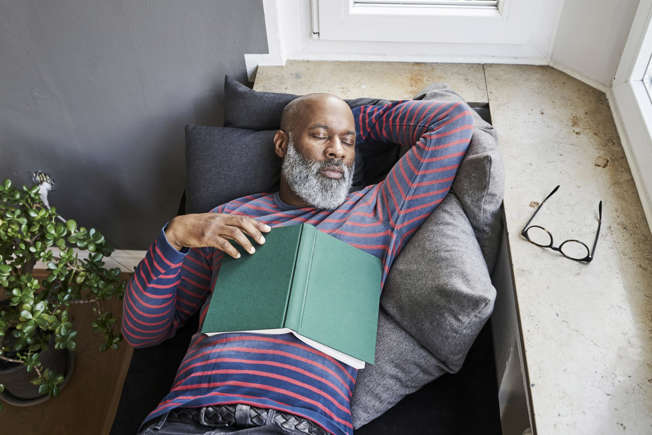
Taking a nap during the day could be just what your body needs to help protect your brain according to one 2023 study. But how can napping in the daytime actually help protect your brain? Let’s find out.
Previous studies into sleeping during the day have shown that short naps might actually help people learn according to The Guardian but new research says they do a lot more.
Researchers found napping during the day could preserve your brain’s health because naps work to slow the rate at which the brain shrinks as it ages, making you healthier in the long run.
Looking at a big dataset
The study was published in the journal Sleep Health in 2023, and researchers pulled their information from the United Kingdom’s Biobank study, which had previously collected genetic, lifestyle, and health data on over 500,000 people.
Researchers from the University College London and the University of Uruguay looked at data from 35,080 people between the ages of 49 to 60 in order to understand how naps affected brain health.
Because of the wealth of data researchers had, they were hoping to also figure out how certain factors like smoking and exercise affected brain health and napping patterns.
More importantly, the researchers used a technique of analysis known called Mendelian randomization that allowed them to look at 97 genes associated with habitual napping.
Researchers created two groups of people based on their genetic predisposition toward napping and coupled their genetic data with magnetic resonance imaging (MRI) to study their brains.
Interestingly, the research did find that daily napping was associated with better brain health and estimated that there was a huge difference in brain health for the people who napped.
The average difference in brain health between people who napped habitual versus the people who did not was equal to 2.6 to 6.5 years of aging according to a press release on the research from University College London.
Valentina Paz was the lead author of the study and said it was the first of its kind to look at untangling the “relationship between habitual daytime napping and cognitive and structural brain outcomes,” through the lens of the genes one was assigned at birth.
Paz added that by looking at one’s genes, their process of analysis was able to provide the world with “a causal link between habitual napping and larger total brain volume.”
Dr. Victoria Garfield was a co-author of the study and told BBC News that recommend people keep their daytime naps limited to half an hour, adding that that’s not always easy with Western work culture.
Garfield added that she and her fellow co-authors were “suggesting that everybody could potentially experience some benefit from napping,” describing the findings as “quite novel and quite exciting.”
Unfortunately, the study did have some limitations and its authors noted the data came nearly exclusively from European ancestry while BBC said most data regarding daytime napping was self-reported. Still, the study was important according to some experts.
“This study is important because it adds to the data indicating sleep is important for brain health,” the President of the British Neuroscience Association Tara Spies Jones told The Guardian.




















